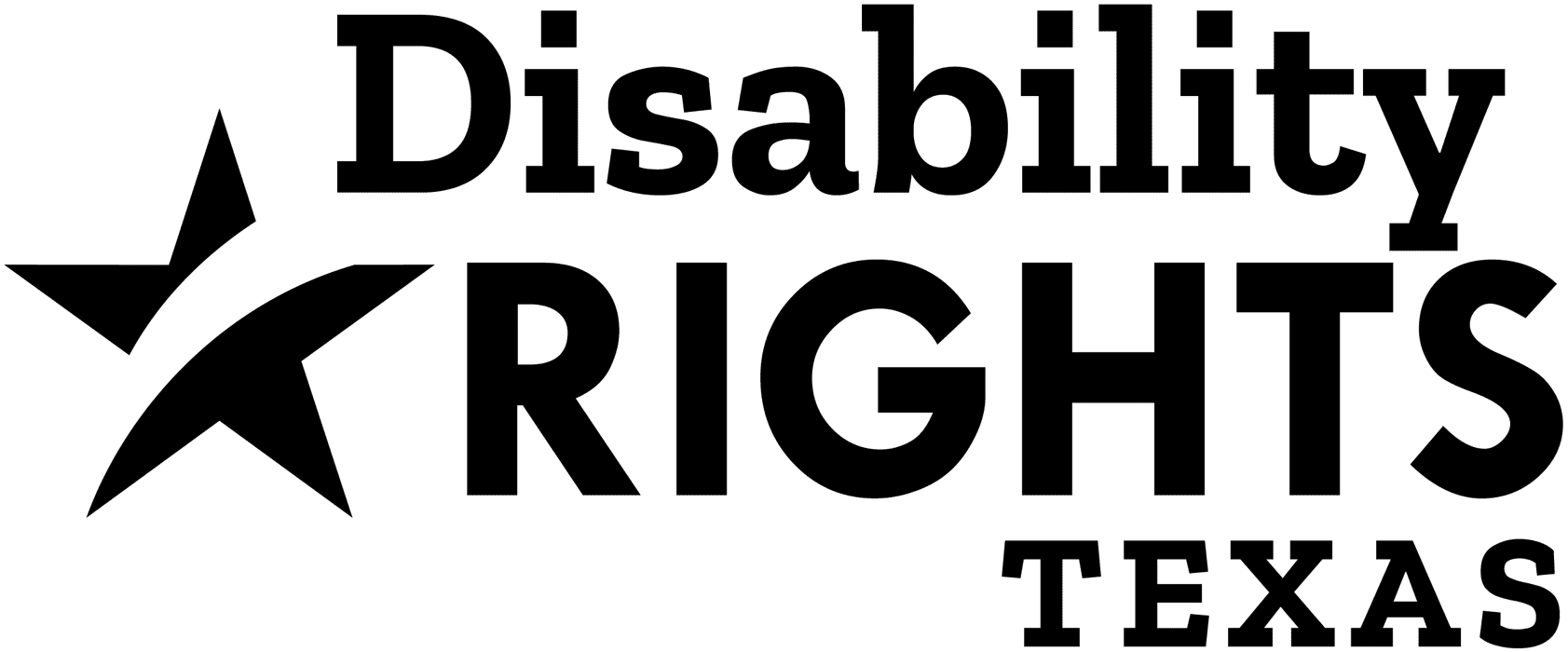Table of Contents
During a disaster or emergency, disruptions will occur and getting food and water can become harder, so you need to know alternative ways to get it. Even if you have food and water at home, the impacts of an event could prevent you from using it. For example:
- A severe weather event could ruin or damage your supply of food and water.
- If you don’t have back-up power, long outages will spoil foods and disrupt your water supply.
- If you have to leave your home, you might also have to leave your food and water behind, and you might not have enough money to buy more.
If you ever find yourself in a situation like this, you’ll need to know how to get food and water. Read the information below and find out what could be available to you if there’s a disaster or emergency.
Food banks
Food banks provide food and water year-round, and some food banks may have smaller food pantries. Anyone can go to a food bank pantry to get food – you don’t need to be a Supplemental Nutrition Assistance Program (SNAP) client. To find a food bank near you, visit the Feeding Texas website or contact 2-1-1 Texas.
National Hunger Hotline
The U.S. Department of Agriculture’s National Hunger Hotline helps connect low-income individuals with information about meal sites and food banks. The hotline is open from 6 a.m. to 9 p.m. Central Time. You can call the hotline at 1-866-3-HUNGRY (486479) or send a text to 914-342-7744. Learn more about the National Hunger Hotline.
SNAP
If you are a SNAP (also sometimes called “food stamps”) beneficiary and your food is lost due to a household disaster or emergency, you can seek reimbursement or ask to be paid for the loss. A household disaster can include residential fires, power outages, and a major declared disaster. There are different procedural steps depending on the type of event you have survived. Be sure to follow local instructions, and to request payment, use Form H1855, Affidavit for Nonreceipt or Destroyed SNAP Benefits. Submit your completed form to Texas Health and Human Services as soon as possible.
D-SNAP
The Disaster Supplemental Nutrition Assistance Program (D-SNAP) offers short-term food assistance benefits to families recovering from a disaster. In Texas, D-SNAP is administered by Texas Health and Human Services. You can receive D-SNAP if you are from a county that has been declared a federal disaster area and you are facing:
- A loss of income because of the disaster
- Costly expenses because of the disaster
- Evacuation or relocation expenses
- A personal injury related to the disaster
If approved for D-SNAP benefits, you’ll get a debit card that you can use at authorized stores, as a one-time benefit. Learn more about D-SNAP.
D-SNAP for SNAP beneficiaries
If you receive SNAP benefits, you may still qualify for additional food assistance. To get an increase in your benefits, you must:
- Receive less than the maximum amount for your family
- Have experienced a loss due to a disaster
The D-SNAP amount will increase your benefit to meet the maximum benefit for your family.
Emergency Management Department
In some disasters and emergencies, your city or county will set up points of distribution (PODs) for necessities like food and water. Contact your local emergency managers and ask them about their plans and how information will be provided. Ask about accessibility – if you are transportation dependent, or might require assistance in accessing the physical location of the POD, the local jurisdiction must accommodate those needs.
Additional information
- Food and Water in an Emergency (PDF) – FEMA & American Red Cross
- Food Safety: A Recipe for National Preparedness – FEMA
Last updated: November 17, 2025
Publication Code: DPR24

www.DRTx.org
Statewide Intake: 1-800-252-9108
Sign Language Video Phone: 1-866-362-2851
Purple 2 Video Phone: 512-271-9391
Online Intake available 24/7: intake.DRTx.org
Disclaimer: Disability Rights Texas strives to update its materials on an annual basis, and this handout is based upon the law at the time it was written. The law changes frequently and is subject to various interpretations by different courts. Future changes in the law may make some information in this handout inaccurate.
The handout is not intended to and does not replace an attorney’s advice or assistance based on your particular situation.
To request this handout in ASL, Braille, or as an audio file, contact us.
Print This Page